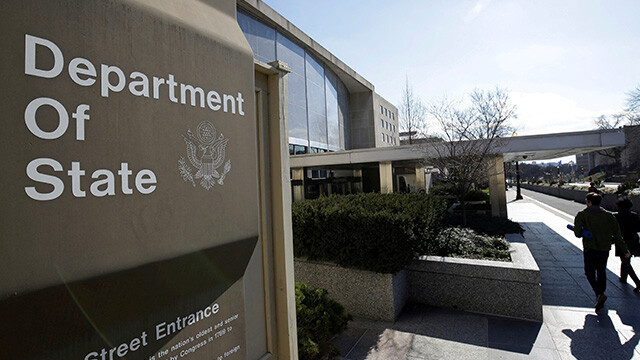
WASHINGTON — In a major escalation of its immigration policies, the Trump administration has launched an unprecedented and continuous review of more than 55 million foreign nationals holding U.S. visas, a move that could lead to widespread revocations and deportations. The policy, confirmed by the State Department to the Associated Press, signals a fundamental change from one-time screenings to perpetual surveillance of visa holders.
Until now, the U.S. government’s primary vetting process for foreign visitors and residents occurred at the visa application stage. Under this new directive, that scrutiny no longer ends upon issuance. Instead, every visa holder, from tourists and students to workers and their families, will be subject to ongoing verification to ensure they remain eligible to stay in the country. The State Department confirmed that if a visa holder is found to be ineligible, their visa will be cancelled, or they will face deportation.
The State Department's justification for the policy is rooted in national security and public safety concerns. Officials are actively searching for signs of criminal activity, overstaying authorized periods, involvement in terrorism, or providing support to terrorist organizations. According to the department, investigators will "review all available information, including law enforcement and immigration records, and any ineligibility factors that may be revealed after a visa has been issued." This proactive approach is seen by the administration as a necessary measure to close loopholes and prevent threats from entering or remaining in the country.
This new policy expands on a recent State Department directive to examine social media accounts of student visa applicants. The latest move, however, broadens the scope to encompass all visa holders, regardless of their visa type or duration. The implications are far-reaching. Foreign nationals already in the United States could face a sudden visa revocation and removal. Those with valid visas who are currently abroad could be denied entry upon arrival if a new issue is flagged.
Critics of the policy warn of its potential for broad overreach and its chilling effect on foreign nationals. They argue that the continuous monitoring could lead to arbitrary decisions and create a climate of fear and uncertainty. Immigrant advocates and human rights organizations have voiced concerns that such a sweeping surveillance program could violate privacy rights and lead to discriminatory targeting. The new rules could also deter talented individuals from coming to the U.S., as they may fear that their status could be revoked at any moment for reasons that were not apparent when they first applied.
In contrast, supporters of the administration’s hardline stance on immigration praise the move as a vital step in protecting the nation. They contend that a visa is a privilege, not a right, and that the government has a duty to ensure that all foreign nationals in the country adhere to the law. The policy, they argue, is a logical extension of border security, a way to maintain control over who is in the country and what they are doing.
This unprecedented level of scrutiny represents a dramatic shift in U.S. immigration policy, moving the government from a reactive stance to a proactive one. It signifies that for millions of visa holders, the vetting process is no longer a single hurdle but a permanent state of being, with their eligibility under constant, digital review. The policy’s implementation is expected to generate significant legal challenges and a heated debate over the balance between national security and personal liberty.
[Copyright (c) Global Economic Times. All Rights Reserved.]






























